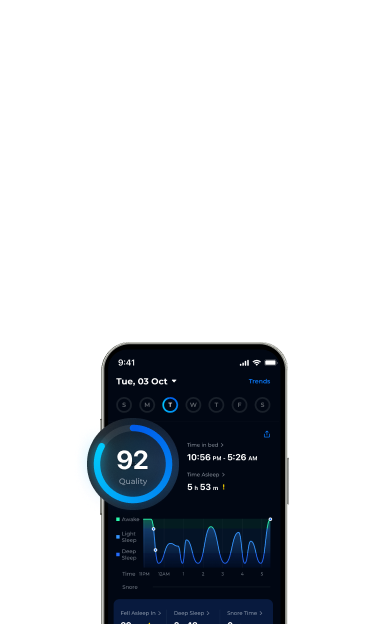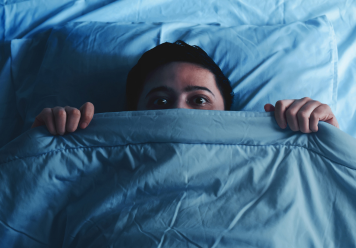



Curious about
dreams
and sleep talking?
Sometimes sleep talking occurs during dreaming. Use ShutEye sleep tracker app to see funny things you say during the sleep, and if you snore or fart!




Sometimes sleep talking occurs during dreaming. Use ShutEye sleep tracker app to see funny things you say during the sleep, and if you snore or fart!






